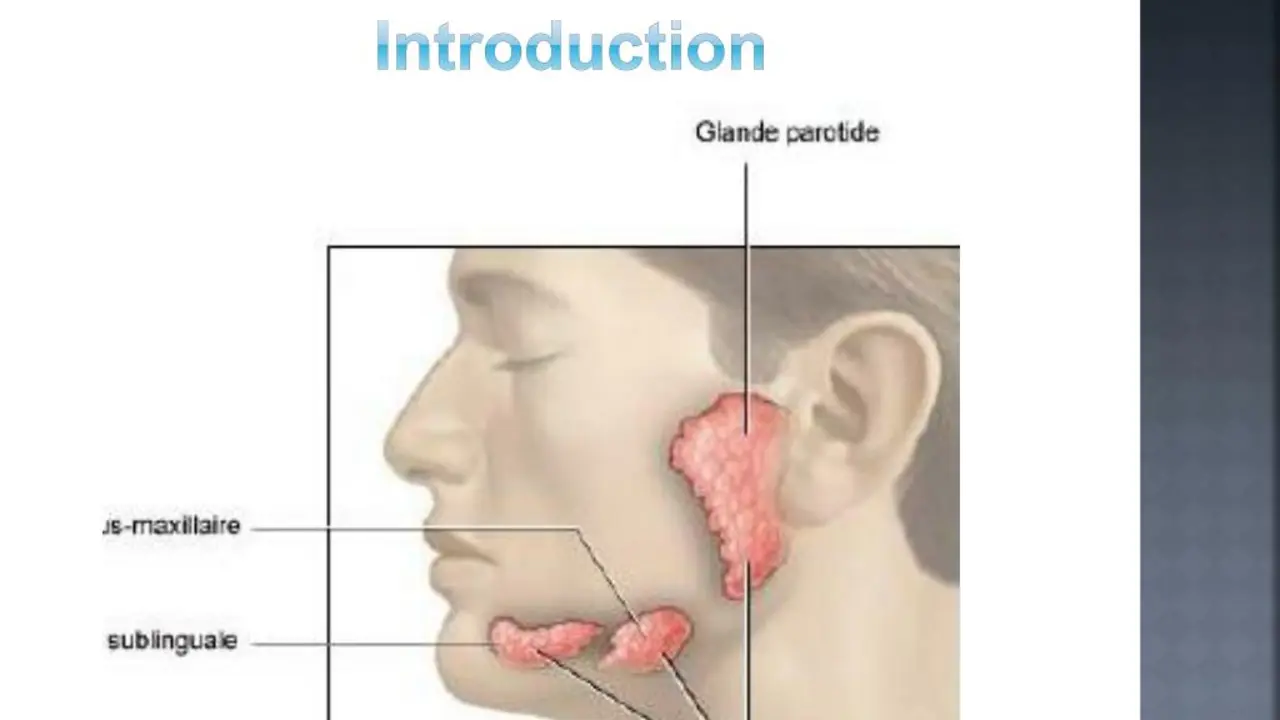If you’ve heard the term Sjogren's Syndrome and wonder what it really means, you’re not alone. It’s an autoimmune condition where the body attacks the glands that make tears and saliva. The result? Dry eyes, dry mouth, and a range of other uncomfortable symptoms.
Most people notice a gritty feeling in the eyes, like sand that won’t go away. Your eyes may feel sticky, red, or sore, especially after reading or using a screen for a long time. Dry mouth shows up as a constant need to sip water, trouble swallowing dry foods, or a sore throat that lingers.
Other clues can include swollen salivary glands (you might feel a lump under your jaw), joint pain, fatigue, or a rash called purpura. If any of these stick around for weeks, it’s a good idea to talk to a doctor. Early diagnosis can keep the condition from getting worse.
Doctors usually start with a detailed history and a physical exam. Eye doctors can do a Schirmer test that measures tear production, while dentists check saliva flow. Blood work looks for antibodies like ANA, SSA, and SSB that often show up in Sjogren's patients.
Sometimes a small salivary‑gland biopsy is needed. It sounds scary, but it’s a quick office procedure that removes a tiny piece of tissue to see if immune cells have invaded.
There’s no cure yet, but plenty of ways to relieve the symptoms. Over‑the‑counter eye drops (artificial tears) are the first line for dry eyes. If those aren’t enough, prescription drops with cyclosporine can boost tear production.
For dry mouth, sipping water throughout the day, chewing sugar‑free gum, or using saliva‑boosting lozenges works well. Some doctors prescribe pilocarpine or cevimeline, medicines that stimulate the glands to produce more fluid.
If you have joint pain or systemic inflammation, anti‑inflammatory drugs or low‑dose steroids may be suggested. In more severe cases, disease‑modifying drugs like hydroxychloroquine are used.
Simple habits can make a big difference. Use a humidifier at night to keep the air moist, and wear sunglasses outdoors to shield your eyes from wind. Avoid smoking—its chemicals dry out the mouth and worsen eye irritation.
Stay hydrated and limit caffeine and alcohol, which can dry you out further. A diet rich in omega‑3 fatty acids (found in fish, flaxseed, walnuts) may help reduce inflammation.
Regular dental check‑ups are crucial because dry mouth raises the risk of cavities and gum disease. Ask your dentist about fluoride treatments or special mouth rinses.
People with Sjogren's have a slightly higher chance of developing lymphoma, an uncommon cancer of the lymph nodes. Keep an eye on persistent swollen glands, unexplained weight loss, or night sweats, and let your doctor know right away.
Kidney, lung, and nerve problems can also arise, especially if the disease spreads beyond the glands. Routine blood tests and imaging help catch these issues early.
Living with Sjogren's can feel like a constant battle against dryness, but with the right medical care and daily tweaks, you can keep symptoms under control and enjoy a good quality of life.
Got more questions? Talk to a healthcare professional who knows autoimmune disorders. They can tailor a plan that fits your specific needs and help you stay on top of the condition.

Hey there! Today, we're diving into Sjogren's Syndrome and its noteworthy symptom, dry mouth. It's important to understand that this autoimmune disease not only affects the salivary glands causing dry mouth, but it may also impact other vital parts of the body. I want to help you comprehend how this condition works and unravel the possible ways to manage its symptoms. Get ready to get clued-up on Sjogren's Syndrome and what to know about dry mouth.
Read More